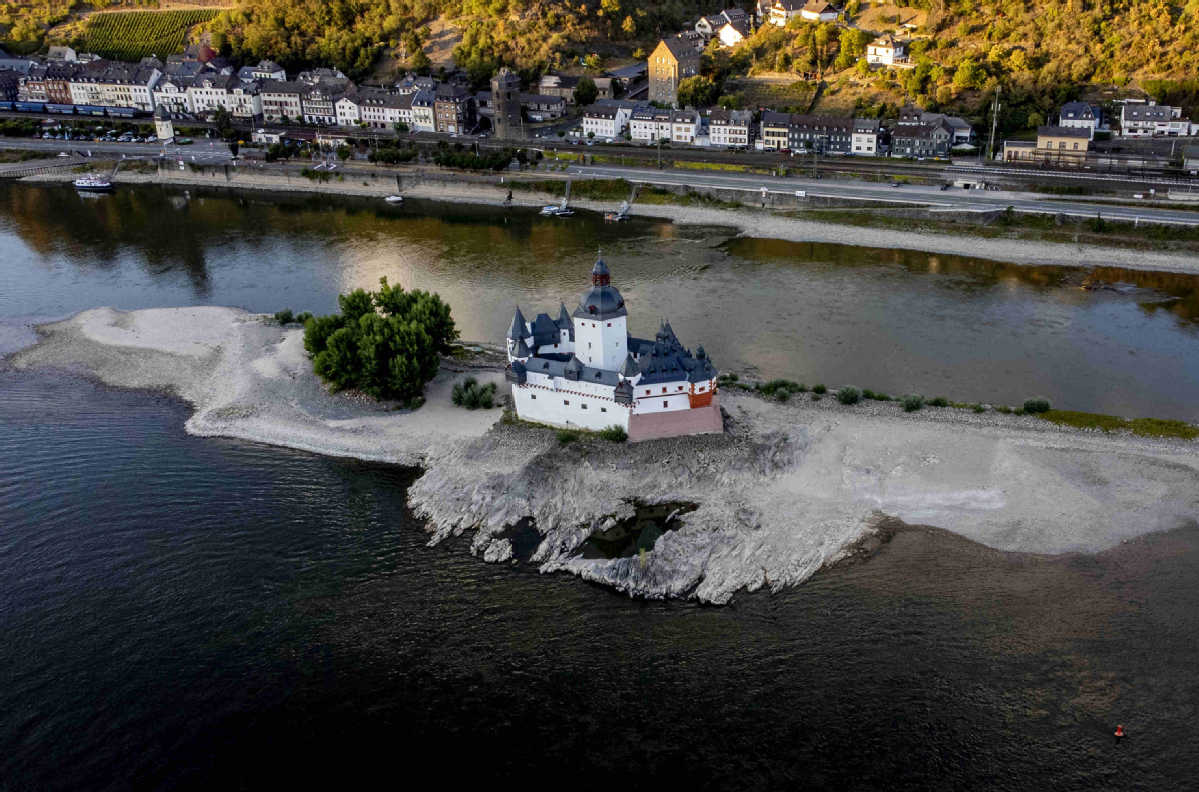An SOS goes out as globe burns and drowns


Just a few extreme events, about 3 percent of the total, were alone responsible for about 60 percent of the financial damage incurred, the report said.
Extreme weather events are driving more people into hunger, especially in countries and regions that already face food shortages. A recent report by the United Nations Food and Agriculture Organization said that current food security in the Horn of Africa is dire after "four consecutive rainy seasons have failed, a climatic event not seen in at least 40 years, or since the beginning of the satellite era".
The World Health Organization warned last week that millions of people in East Africa face starvation.
Moreover, according to the UN, 30 million people already live with average annual temperatures of 29 C in the Sahara and the Gulf coast, and 20 million people are forced to leave their homes and move to other areas in their countries each year because of a scarcity of resources and because of extreme weather.
A study in the journal Nature Climate Change said recently that extreme weather events have exacerbated 218 of the known 375 infectious diseases in people, including malaria, hantavirus, cholera and anthrax.
"If the climate is changing, the risk of these diseases is changing," said Jonathan Patz, a co-author of the study and director of the Global Health Institute at the University of Wisconsin-Madison.
Ronnie Lins, director of the China-Brazil Center for Research and Business, said climate change will affect economies in various ways. For example, sectors such as agriculture, forestry, fishing, outdoor entertainment and tourism, among others, will suffer.
However, industries related to renewable energy, environmentally resilient buildings, smart clothes, air conditioning equipment and climate monitoring systems, among others, will do well.
Ma said that the Paris Agreement, a legally binding international treaty on climate change adopted in Paris in 2015, set the goal to limit global warming to well below 2 C, preferably to 1.5 C, compared with preindustrial levels.
However, realizing this goal is difficult, partly because global carbon emissions rebounded sharply last year because of the impact of COVID-19 and energy shortages. The trend has continued this year as the Russia-Ukraine conflict has made major economies focus more on energy security, and some countries have resumed using fossil fuels.
If gas emissions cannot effectively be controlled, the global temperature is likely to rise more than 3 C by the end of this century, Ma said.
"Geopolitical tension is making it more difficult for countries to work together to deal with climate change, and how to push forward global collaboration is difficult."
The slow transition to renewable energy also makes it difficult for countries to reduce their reliance on fossil fuels, he said.
"China aims for its carbon dioxide emissions to reach their peak by 2030 and to achieve carbon neutrality by 2060, major goals in a national green transition drive, which will be important in tackling climate change."
Agencies and Xinhua contributed to this story.
























